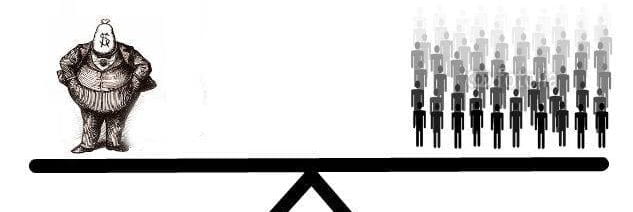Organizations tasked with allocating limited resources face obvious distributive dilemmas. Allocative rules – when applied universally – seek to limit the discretion of organizational members and mitigate disparate treatment. Yet, particularistic needs often warrant exceptions to such rules and accept unequal treatment in the interest of equity. I argue that organizational members engage in a form of boundary work, which I call discretion work, to manage discretionary boundaries around the application of allocative rules versus exceptions. Discretion work functions through semi-institutionalized ‘rules of exceptionalism,’ which involve continual boundary-testing. Relying on ethnographic fieldwork at a French social service organization, enriched by interviews with service providers, I identify three types of discretion work – procedural, symbolic, and evaluative – which govern how, for whom, and for what purpose allocative decisions are made. The article contributes to institutional perspectives on inequality by a) articulating the micro-practices that (re)produce inequitable resource allocation at the bottom of the social ladder, and b) theorizing the often overlooked distinction between principles of equity and equality.
Reference:
Nevena M. Radoynovska. 2018. Working within Discretionary Boundaries: Allocative Rules, Exceptions, and the Micro-Foundations of Inequ(al)ity, Organization Studies, 39(9): 1277–1298. https://journals.sagepub.com/doi/full/10.1177/0170840617717544


